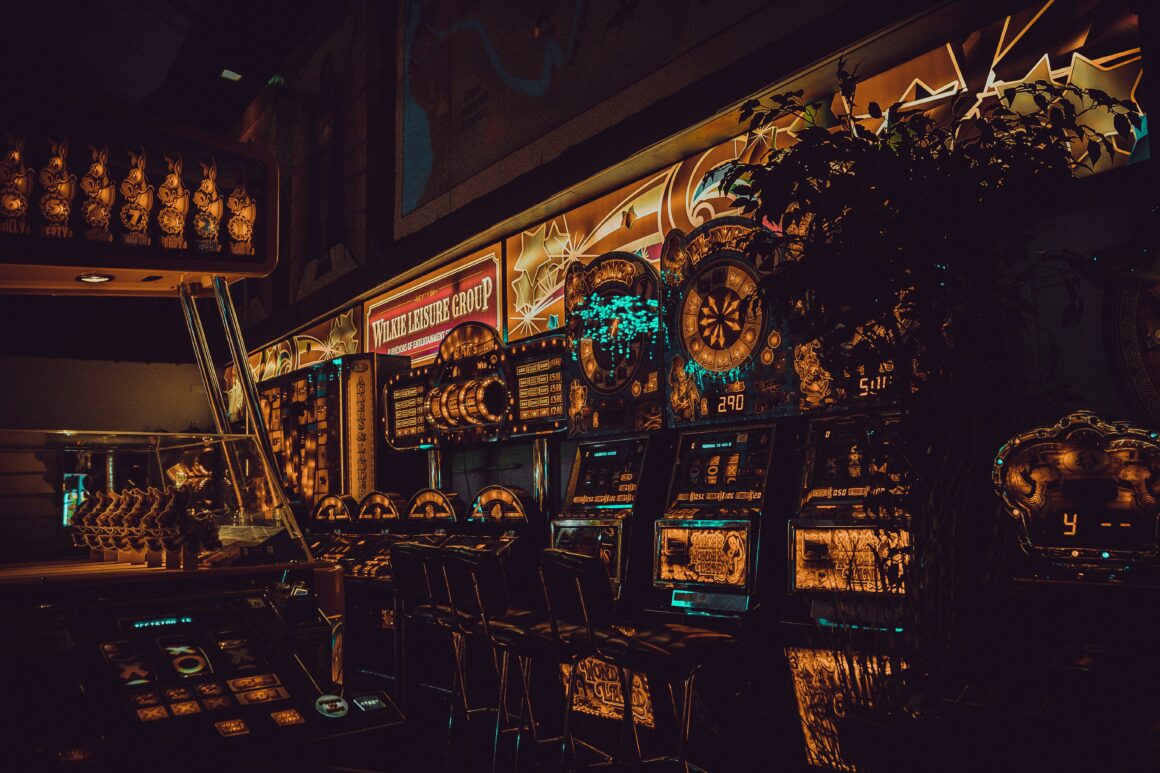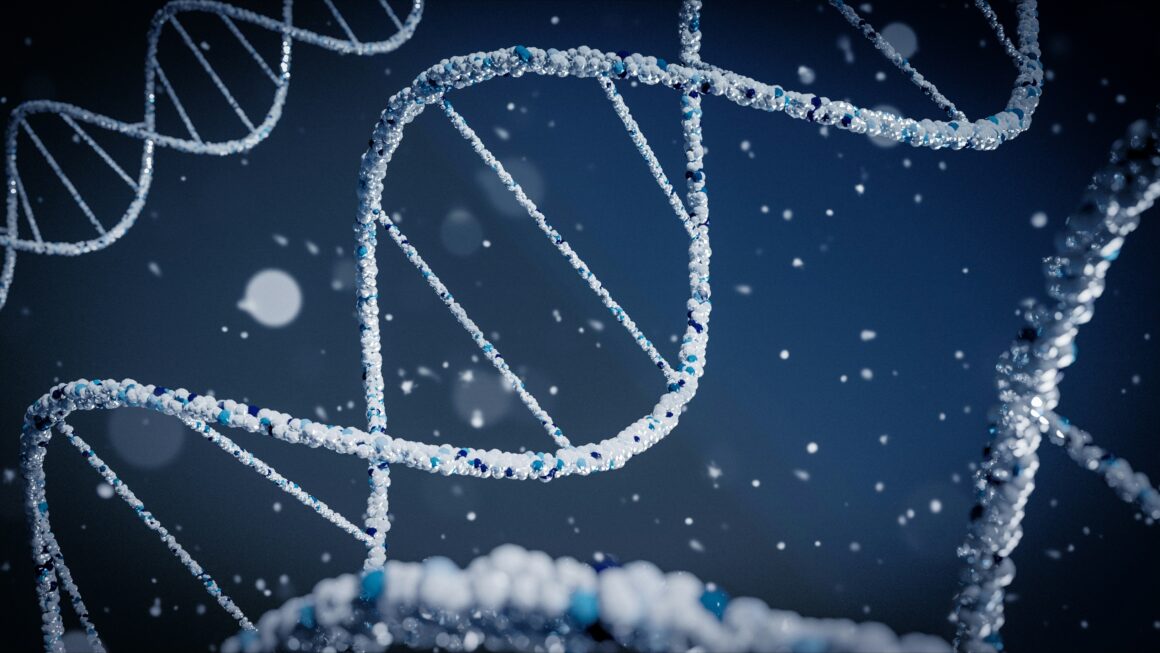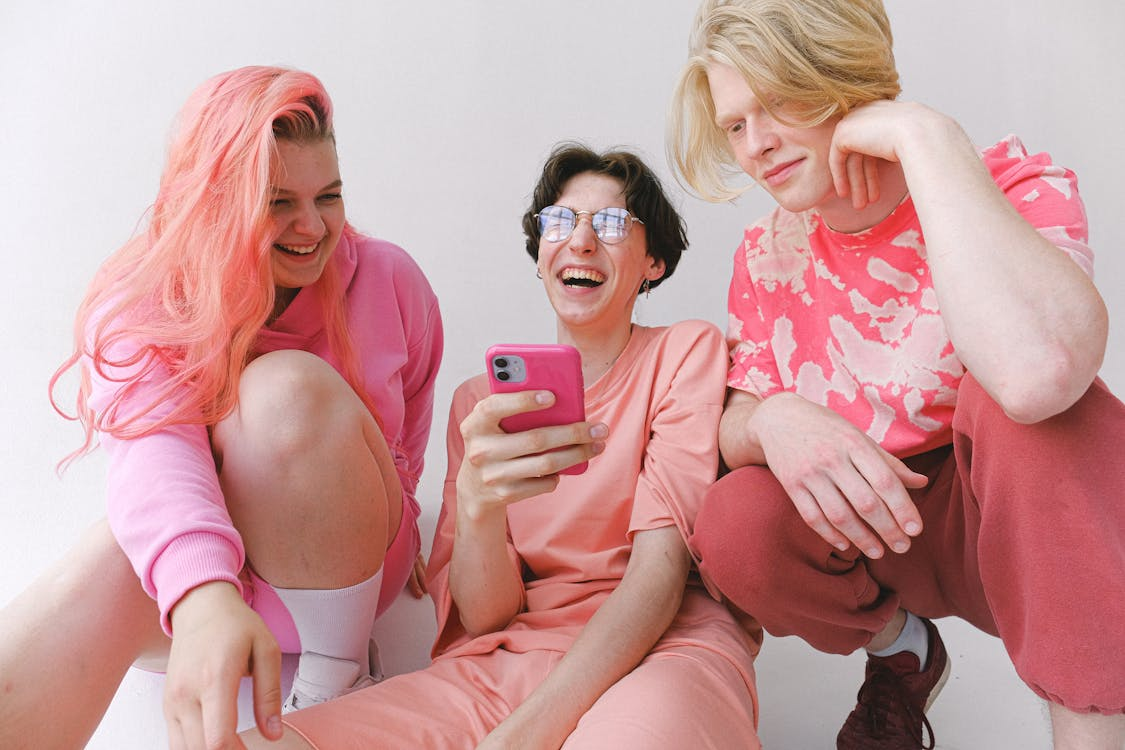I was recently watching a television performance where an abled woman was singing ‘for’ her autistic brother. The song was “My Body is a Cage” by Peter Gabriel, and she was even interviewed where she described what an emotional and powerful experience it was for her, as her brother is (apparently) caged by his own body and unable to communicate and express his experiences. The underlying message of this entire performance is that the abled woman was brave and courageous, and had experienced such suffering in the form of having to be related to a disabled person.
Please tell me I’m not the only one who sees the multitude of problems with this.
As someone who is neurodivergent and mentally ill, I’ve never really seen myself represented. In fact, not only are just 2.4% of characters who speak in the top 100 movies disabled, but abled actors also take the majority of these roles, playing 95% of disabled characters.
In other words: disabled people are not being authentically represented in the media. Indeed, this is what it’s like for us wherever we go; we’re rarely allowed to take up space, and even when there is space designated for us, it’s almost always taken up by an abled person. This includes abled family members who, despite their intentions, still end up perpetrating our exclusion from public life and the media.
There have been so many examples of this. I’ve seen countless news reports, investigations, interviews, and even books and articles centered on the abled family member of the disabled person. The focus is taken away from us and it’s left to the abled person to further depict us as essentially ‘hindered’ by our disability and as unable to communicate for ourselves. As a result, we’re continually alienated from our own narratives and our abled family members (who supposedly love and support us) end up spreading misinformation about the people they’re supposed to be helping.
Don’t get me wrong, disabled people absolutely want the support and allyship of our abled family members, and we appreciate those who are kind, helpful and respect our humanity. However, you’re not being a good ally by centering yourself in our disabled narratives. Most, if not all, of us want you to stand down and not play an active role in discussions about disabled people and disabled issues. Your perspective as the family member to a disabled person doesn’t change anything: at the end of the day, you’re still an abled person who benefits from systemic ableism. There is nothing that you have to add to the conversation that a disabled person could say better and in more detail. Instead of stealing our spaces, you need to amplify our work and the conversations that are already being had, and always remember that your word means nothing against the word of a disabled person.
Furthermore, disabled people don’t always need your help, at least not in the ways that you believe. We don’t need an abled savior to come save us from ‘the pits of hell’ that is being a disabled person (at least, that’s what many abled people believe being disabled is inherently like). In reality, your abled savior complex isn’t helping anyone, and you can save your pity for someone else. Sometimes allowing us to just exist without you interfering with your ‘help’ is in itself helpful. Sometimes you allowing us to have our inner-community conversations is in itself helpful. Sometimes actively removing yourself from the equation is the most helpful thing you can do in that moment. That is what being an ally is like, rather than further spreading misconceptions about disabled people and perpetuating our oppression.
No matter how you feel about disabled people and ableism, your opinion isn’t suddenly better or more accurate because you have a disabled family member, and it certainly isn’t needed in order for us to have a productive conversation. You inherently don’t know what it’s like to be disabled, thus it makes sense that your perspective is not needed when it comes to conversations on disabled issues. Right now, the media is oversaturated with endless abled opinions on disabled issues, and if you really sit yourself down and convince yourself that you are an ally to disabled people, you would realize that the most helpful things you can do are to amplify our voices, share our work and not take up our spaces.
Image: Disability Horizons




